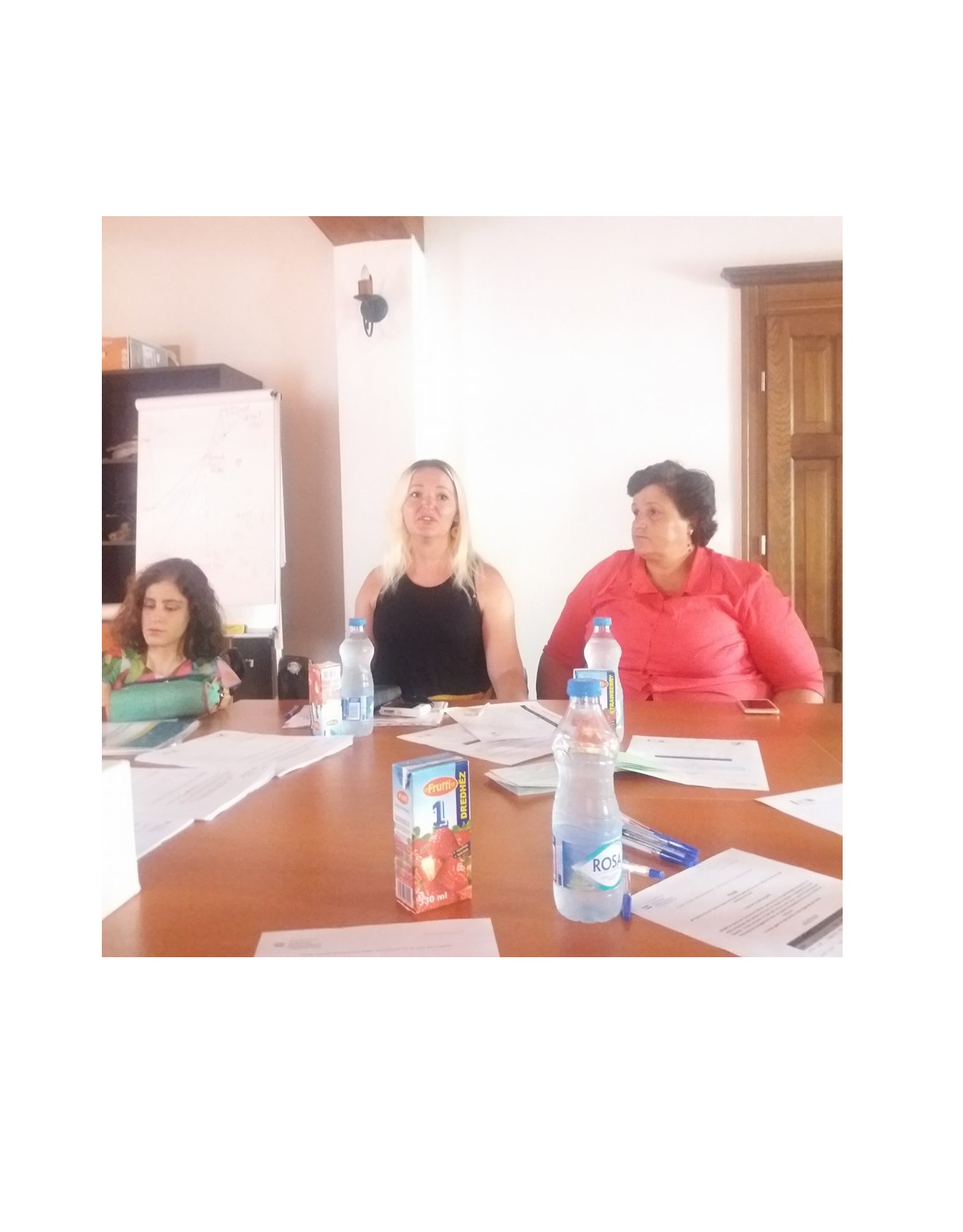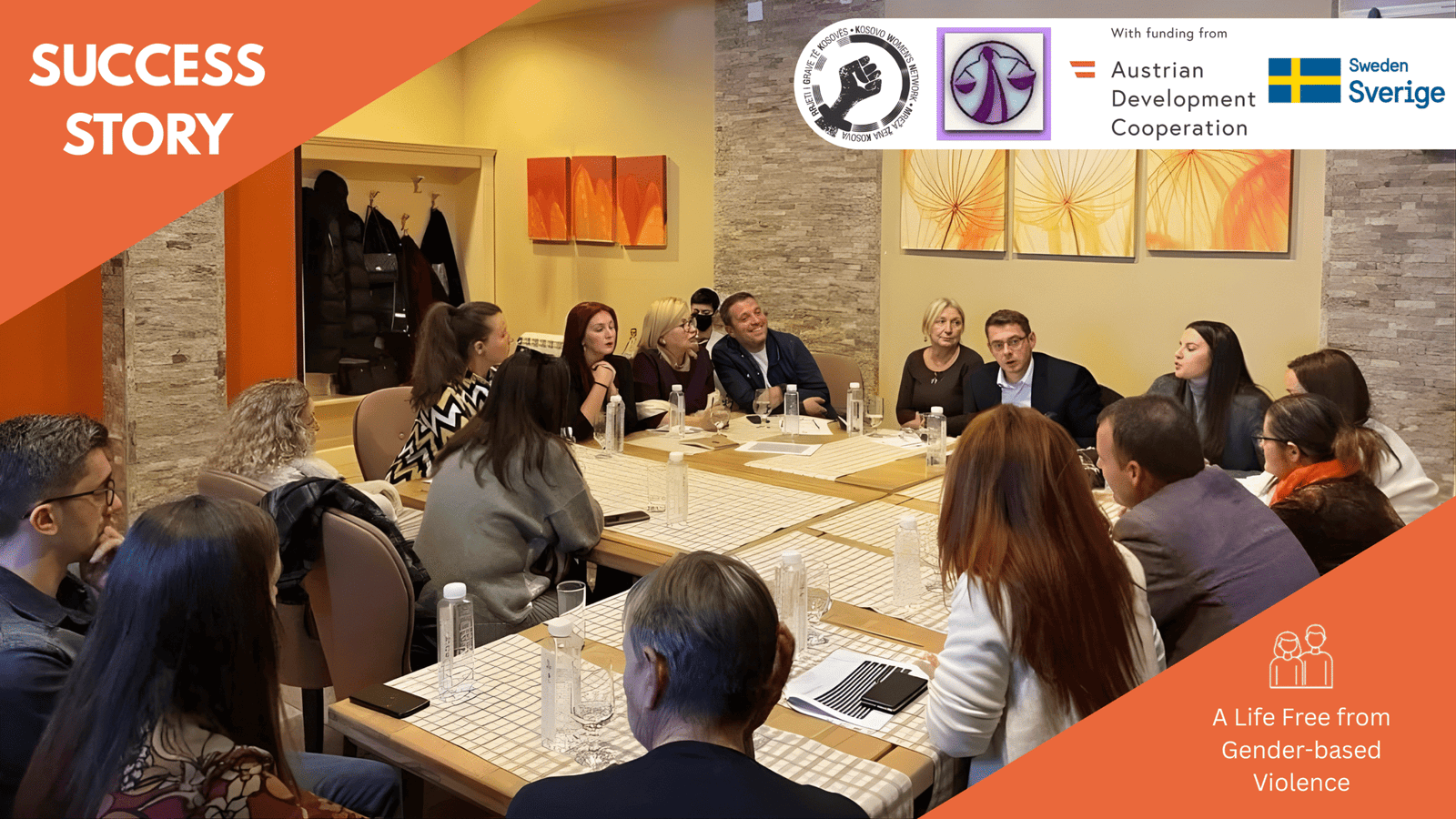On 17 August, Organization of Persons with Muscular Dystrophy of Kosovo (OPMDK) held an informative meeting with persons with muscular dystrophy and their family members. Director Antigona Shestan informed the attendees of the purpose of the project and activities they will carry out during the 5 months of project implementation.
The project titled “Healthcare is better when it is accessible by everyone” focuses on improving the health care for women and girls with special needs and for persons with muscular dystrophy in general. In addition, this project aims at rising the awareness of municipal and health institutions to provide women and girls with easier access to quality services.
In Prizren Municipality, there are 34 persons with muscular dystrophy, of which 24 are women and girls in wheelchairs. The greatest challenge is the health of these women and girls with special needs, which are, in most cases, taken care of by their mothers and sisters who have very limited knowledge on how to provide health care. On top of this, there is stigma in family, society and institutions. Because of their physical situation, women and girls with special needs are highly disposed to suffer from various communicable diseases, so the lack or delays of health care provision might have severe consequences for their lives.
One of the attending women said that, “There are numerous cases where even doctors, mainly dentists, do not accept children with special needs because of fearing that their situation might worsen and this makes us ask private doctors for help who also usually reject us”.
The attendees were given a questionnaire containing questions for persons with muscular dystrophy and their family members who take care of them. Most of responses pointed out that mothers and sisters were those who took care the most because fathers are, in most cases, at work. Meanwhile, when it comes to pain, the responses indicated that, “they try to endure pain until it becomes unendurable”.
Resma, a member of the organization and a person with muscular dystrophy, stated that, “usually, her father says that she is the one who bears the pain better than all of us”, because girls feel free to discuss about their menstrual cycles only with their mothers or sisters. “Parents overreact so much to a health concern, no matter how small it is, that “they exaggerate the care”, another attending girl said.
By discussing like this, numerous problems faced by persons with muscular dystrophy and their family members hope that more work will be done for with this social category so that they are integrated in the society in the best way possible while putting a special emphasis on employment and education.
This project is supported by the Kosovo Women’s Fund (KWF) and funded by the Austrian Development Agency (ADA).







